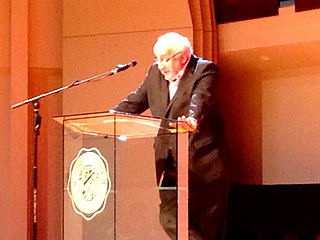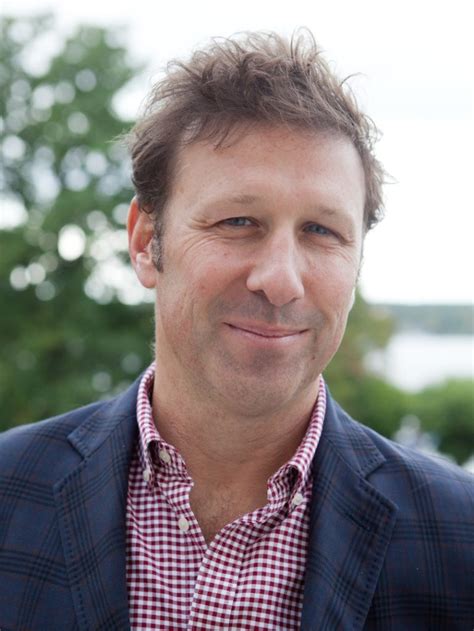A Quote by Ronald H. Nash
One thing evangelicals want is a reprieve from intolerance against their beliefs, values, and practices.
Quote Topics
Related Quotes
There is a place in this world for satire, but there is a time when satire ends and intolerance and bigotry towards religious beliefs of others begins. Religious beliefs are sacred to people and at all times should be respected and honored. As a civil rights activist of the past 40 years, I cannot support a show that disrespects those beliefs and practices.
The traditional spokespersons for the Evangelicals, such as Chuck Colson and James Dobson, have become alarmed about this drift away from the 'Family Values' issues that they believe should be the overwhelming concerns of Evangelicals. They have expressed their displeasure in letters of protest circulated through the religious media.
Tolerance is a good cornerstone on which to build human relationships. When one views the slaughter and suffering caused by religious intolerance throughout all the history of man and into modern times, one can see that intolerance is a very nonsurvival activity. Religious tolerance does not mean one cannot express his own beliefs. It does mean that seeking to undermine or attack the religious faith and beliefs of another has always been a short road to trouble .
Every decision in your life is controlled by your beliefs and values. You may not realize it, but you have the power to choose what you believe about your life, people, money and health. You can either choose beliefs that limit you, or beliefs that empower you to move toward success. Your beliefs energize you to create the world you want to live in right now. The key is to be aware of them because what you value determines what you focus on.
McCain courted in 2008 what I would call 'fringe' evangelicals, in part because evangelicals were skeptical of his commitment to values voters. McCain's embrace of Palin came after having to scuttle endorsements from John Hagee and Rod Parsley, charismatics who believed in Armageddon and fiercely supported Israel.
People come to have different moral beliefs because they have different non-moral beliefs about relevant facts. People are disposed to believe whatever justifies the practices and institutions that benefit them. But I argue that not all moral differences can be explained away in such a fashion. Some of the most profound disagreements come from differences in priority assigned to values such as relationship and community on the one hand, and individual rights and personal autonomy for the individual, on the other hand.


































